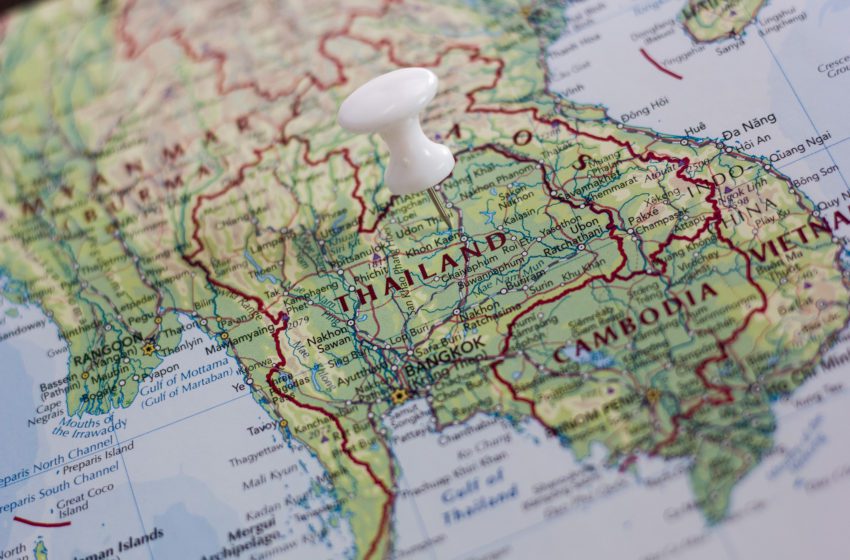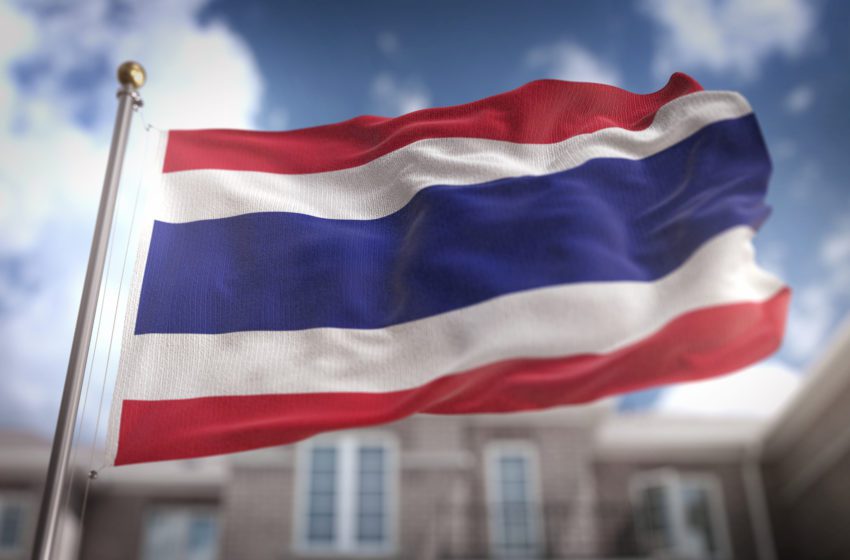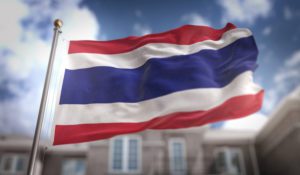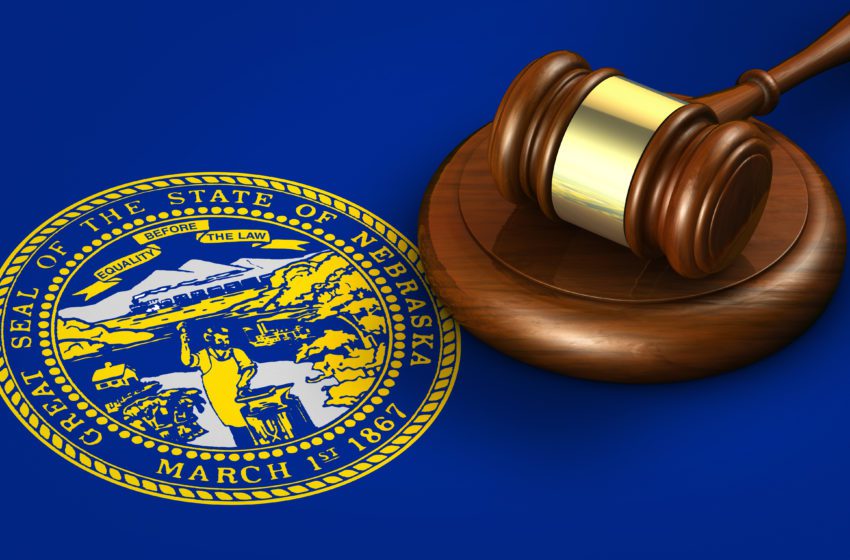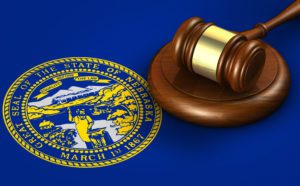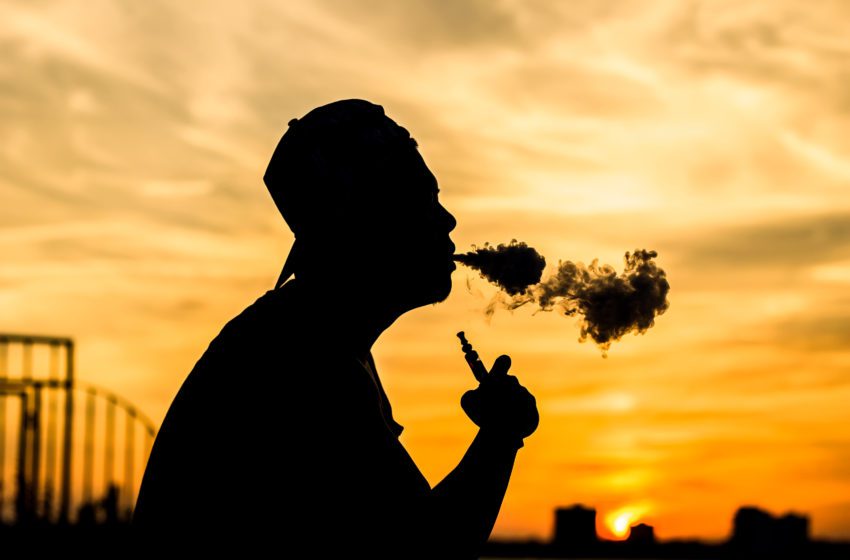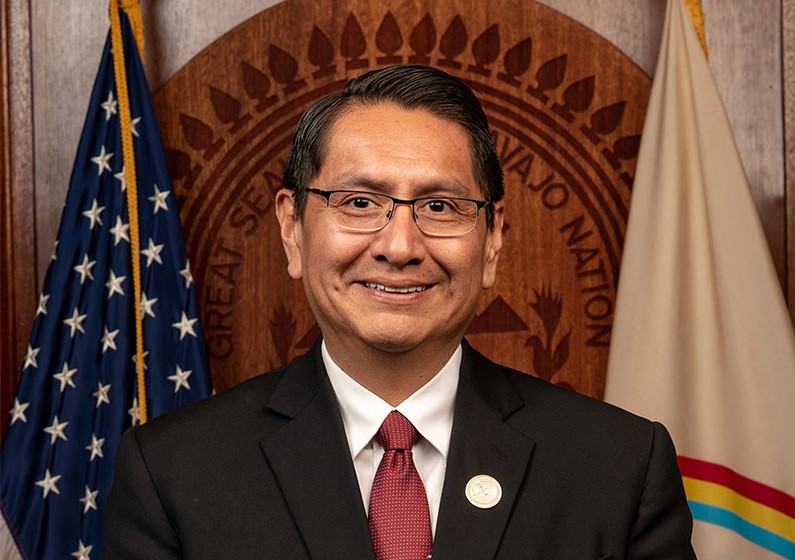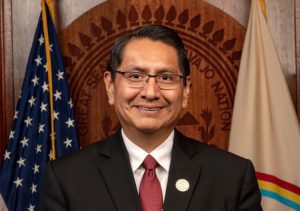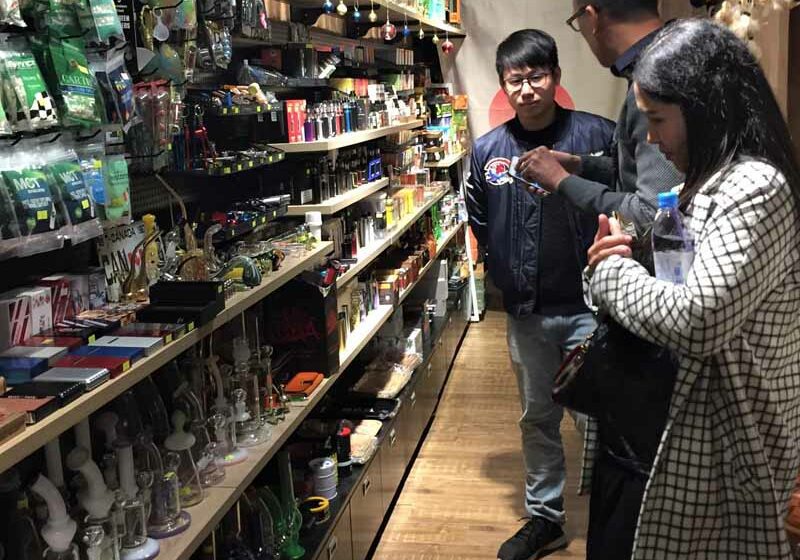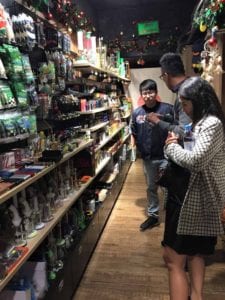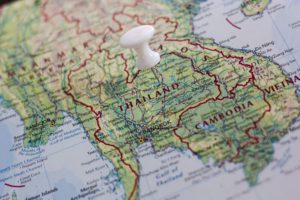
A growing number of government officials in Thailand are calling for vaping products to remain illegal. However, one politician is promoting legalization of less harmful nicotine products to help smokers quit combustibles.
The country’s Digital Economy and Society Minister, Chaiwut Thanakamanusorn, on Friday urged Thailand’s National Tobacco Products Control Committee to revise its ban on the import and sale of e-cigarettes in the country, according to the Bangkok Post..
Chaiwut said he has petitioned the committee to revise its decision to ban e-cigarettes on March 28 because a committee set up by the ministry found that people opted for e-cigarettes because they believed them to be less harmful to their health. Despite the ban, they are illegally imported and sold online.
If the government allows the lawful import and sale of e-cigarettes, it will be able to set standards for selling and gain benefits through a tobacco tax, he said. Chaiwut claimed that the National Tobacco Products Control Committee was unlikely to have conducted the most thorough of surveys or have interviewed a broad number of proponents of electronic cigarettes.
“E-cigarettes have been accepted in many countries as being less of a health hazard than ordinary cigarettes,” he said.
Many tobacco harm reduction advocates say Thailand will eventually legalize vaping.

